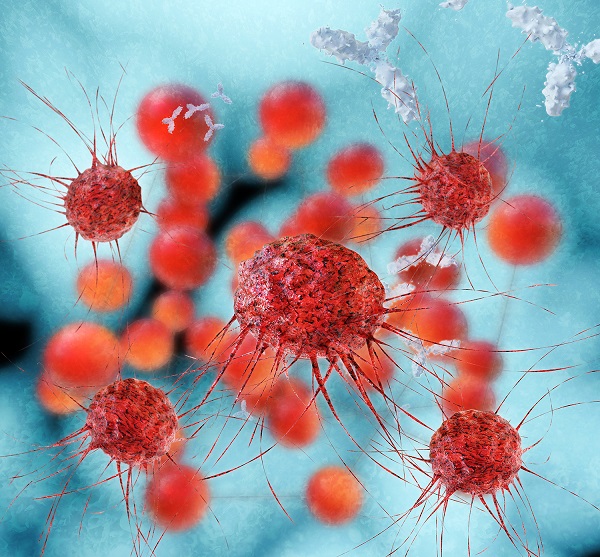Patient deaths halt Juno T-cell trial

The US regulator has halted a phase 2 clinical trial of Juno Therapeutics’ cancer-killing T-cell therapy in leukaemia after two patient deaths – developments which are a blow to this nascent form of anti-tumour treatments.
Chimeric antigen receptor T-cell (CAR-T) therapies are expected to produce a new wave of cancer immunotherapies, following the success of drugs such as Bristol-Myers Squibb’s Opdivo (nivolumab), which work by instructing T-cells from the body’s immune system to attack cancer.
In this case, T cells are genetically engineered to attack the B cells that become malignant in some blood cancer types.
The potential pharma companies see in this type of therapy was demonstrated last year, when Juno signed a decade-long, billion-dollar deal with Celgene to develop CAR-T therapies.
The company said it proposed to continue with the ROCKET trial of JCAR015, in adults with relapsed or refractory B cell acute lymphoblastic leukaemia.
Juno said the patients died following the recent addition of fludarabine chemotherapy to the pre-conditioning regimen, and has proposed to the FDA to continue the trial with cyclophosphamide pre-conditioning alone.
In a complete response, the regulator has requested a revised trial protocol and information documents which Juno will submit to the FDA this week.
Juno hopes JCAR015 will be the first product of this kind on the market, and is also developing the therapy in acute lymphoblastic leukaemia and non-Hodgkin lymphoma.
Hans Bishop, Juno’s CEO, said the events had been a “humbling experience”.
In a separate development legal firm Block & Leviton said it is investigating Juno after it later emerged that a third patient died in May in a JCAR015 clinical trial.
The company noted that the Juno’s share price fell by 28% after the announcement of the deaths.
It said it was investigating the company and certain officers to determine whether investors can bring claims to recover their losses under US laws.












